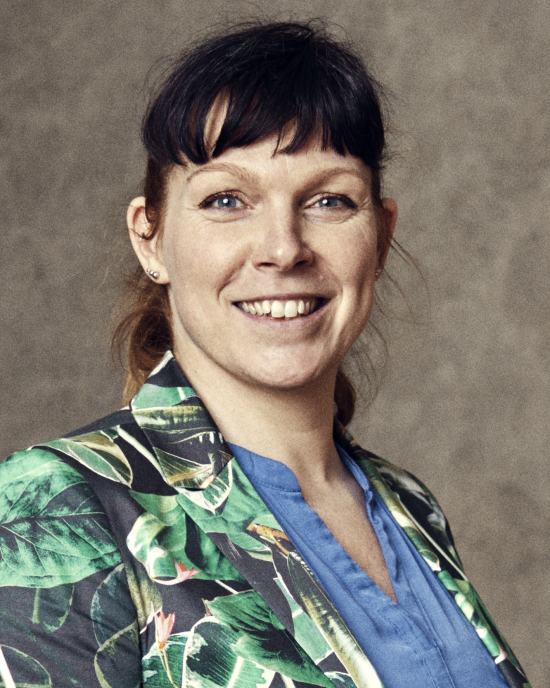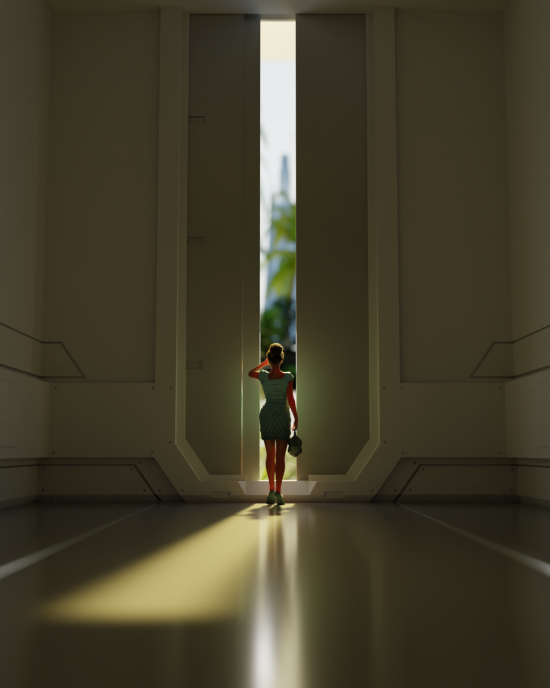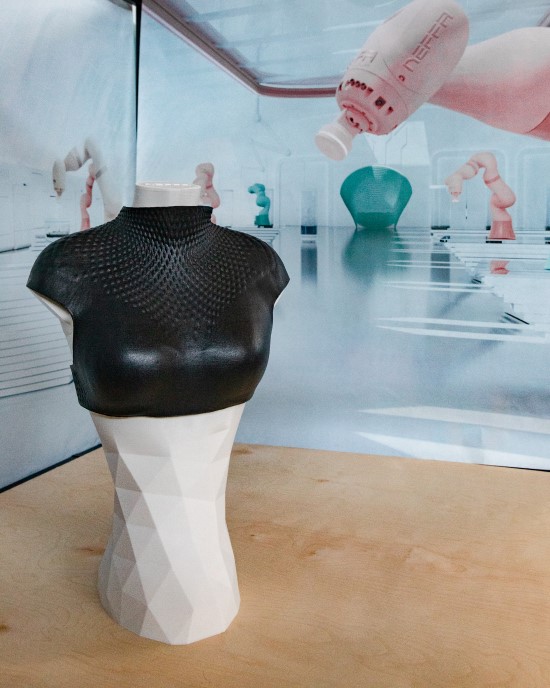MYCOTEX
The Dutch Start-up MYCOTEX is part of a disruptive company named NEFFA | New Fashion Factory that attempts to change the way garments are produced. With the innovative new production process, MYCOTEX allows for personalised clothing made from mycelium. The Start-up produces high-quality textile products and garments for diverse applications in a sustainable way. Therefore, MYCOTEX was among the finalists of the ISC3 Innovation Challenge 2022 and subsequently chosen as the Start-up of the month of March 2023.
Year of Foundation:
2020
Addresses the following SDGs:
SDG 9 (Industry, Innovation and Infrastructure), SDG 12 (Responsible Production and Consumption), and SDG 13 (Climate Action)




